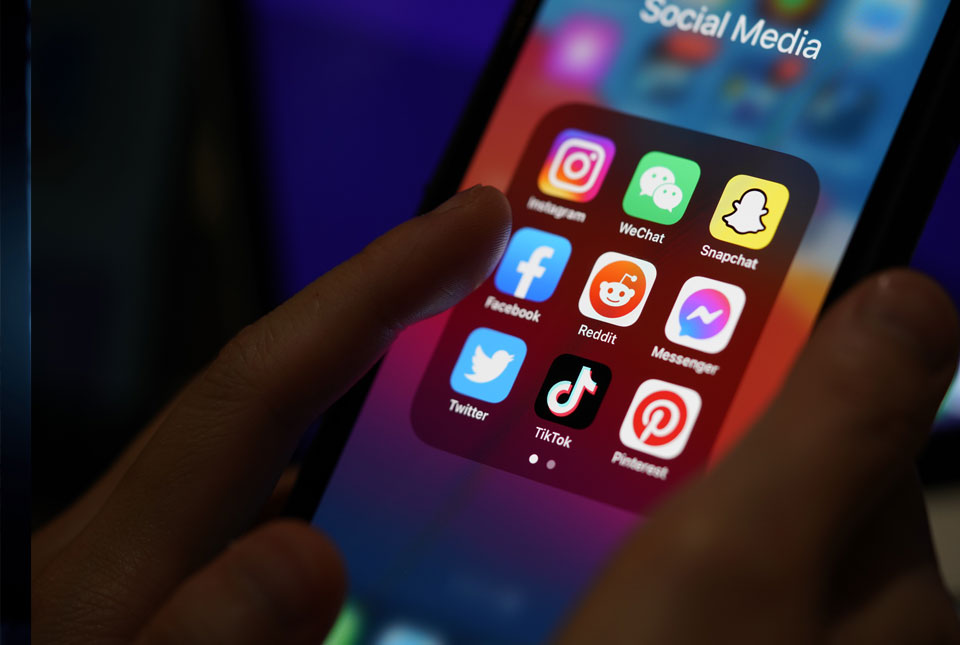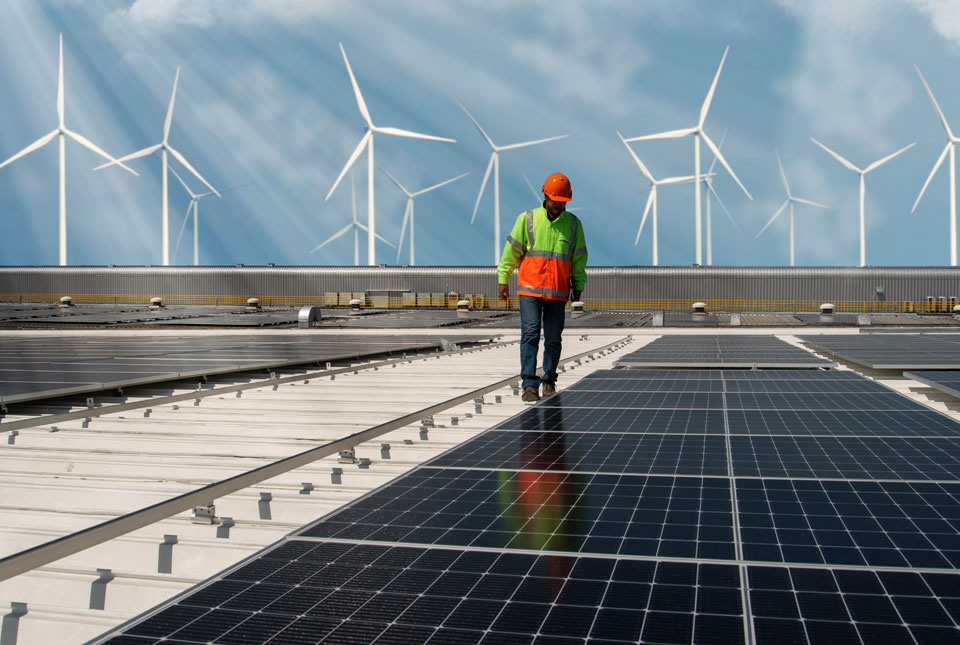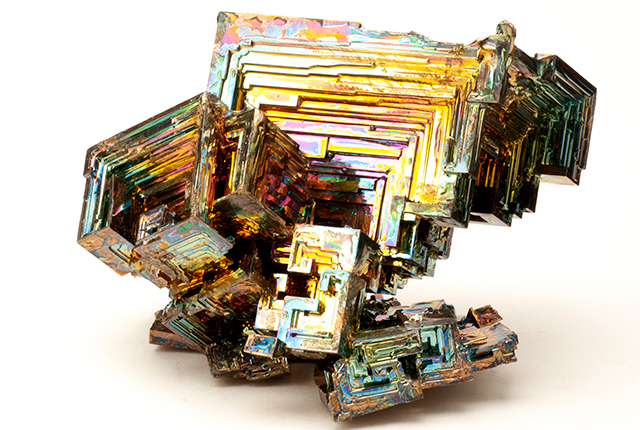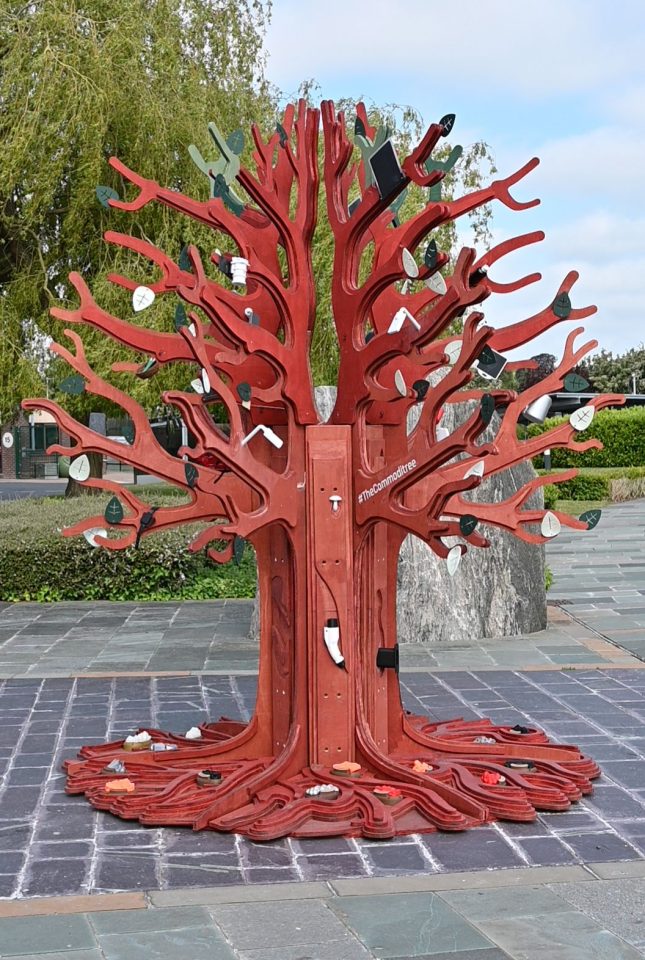From phones and laptops to headphones and tablets, this section is based on the elements extracted from spodumene and quartz, and the element cobalt, that we use to make our technology.

© P. Kijsanayothin / iStock
Spodumene is an ore of lithium, which is an essential element in rechargeable lithium-ion batteries. Global production of lithium averages at 66 000 tonnes per year. The demand for lithium is expected to continue to grow in the coming years, driven by the rapid expansion of the electric vehicle market and the increasing use of renewable energy technologies. Almost everything with a rechargeable battery contains lithium, including power tools, mobile phones and even vapes!
Lithium is a critical mineral in the UK because the global supply of lithium is limited and most of the world’s lithium reserves are located in a small number of countries including Australia, Chile and Argentina. This concentration of reserves in a limited number of countries, combined with the growing demand for lithium, has led to concerns about the security and sustainability of the global supply chain.
Quartz is the mineral ore of silicon and has a wide range of uses resulting in a global production of 2.8 million tonnes per year. Used for smartphone screens and processors as well as solar cells, it plays an essential role in modern technology. Despite being the second most abundant element on Earth, silicon is a critical material in the UK because of the volume that is required to meet demand.
Cobalt is a critical raw material that plays a vital role in the production of rechargeable batteries used in electric vehicles, smartphones and laptops. It is also used in aerospace and defence applications, as well as in the manufacture of hard metals and cutting tools. Cobalt’s unique properties, including its ability to retain its magnetic properties at high temperatures, make it an essential component in rechargeable.
The majority of the world’s cobalt supply comes from the Democratic Republic of Congo (DRC), which has led to concerns about the sustainability of the global supply chain. There have been concerns over labour practices and human rights issues in the DRC’s cobalt mines.
Critical minerals in our everyday lives

Critical minerals in households
There are lots of items in our houses that rely on minerals, from kettles and windows to microwaves and food cans. The items in this section are based on elements extracted from pyrolusite, chromite and cassiterite.

Critical minerals in infrastructure
Minerals can be combined and used at large scales to create our infrastructure! The items in this section are based on some of the main elements used in infrastructure.

Critical minerals in lifestyle
Live, laugh, look at what we have here! This section is all about lifestyle and these items are based on bismuth and other elements extracted from the minerals ilmenite and monazite.

Critical minerals in medicine
Health is wealth and this section is all about medical uses of critical materials. Have you ever had an X-ray? What about a trip to the dentist? If you have, then you will have relied on equipment that contains elements extracted from rutile, rhodochrosite and sphalerite

Critical minerals in renewables
If the future is green then our energy must be clean! Items in this section represent renewable energy and are reliant on ores like chalcopyrite, bastnasite and graphite.

Critical minerals in technology
From phones and laptops to headphones and tablets, this section is based on the elements extracted from spodumene and quartz, and the element cobalt, that we use to make our technology.
You may also be interested in

Critical minerals resources
Our modern lives rely on a whole host of metals and minerals that are extracted from the ground. Available resources include classroom activities and a touring festival stand.

Modern life doesn’t grow on trees!
Modern Life Doesn’t Grow On Trees is a touring festival stand curated and designed by BGS’ public engagement team and scientists, which features #TheCommoditree installation.


